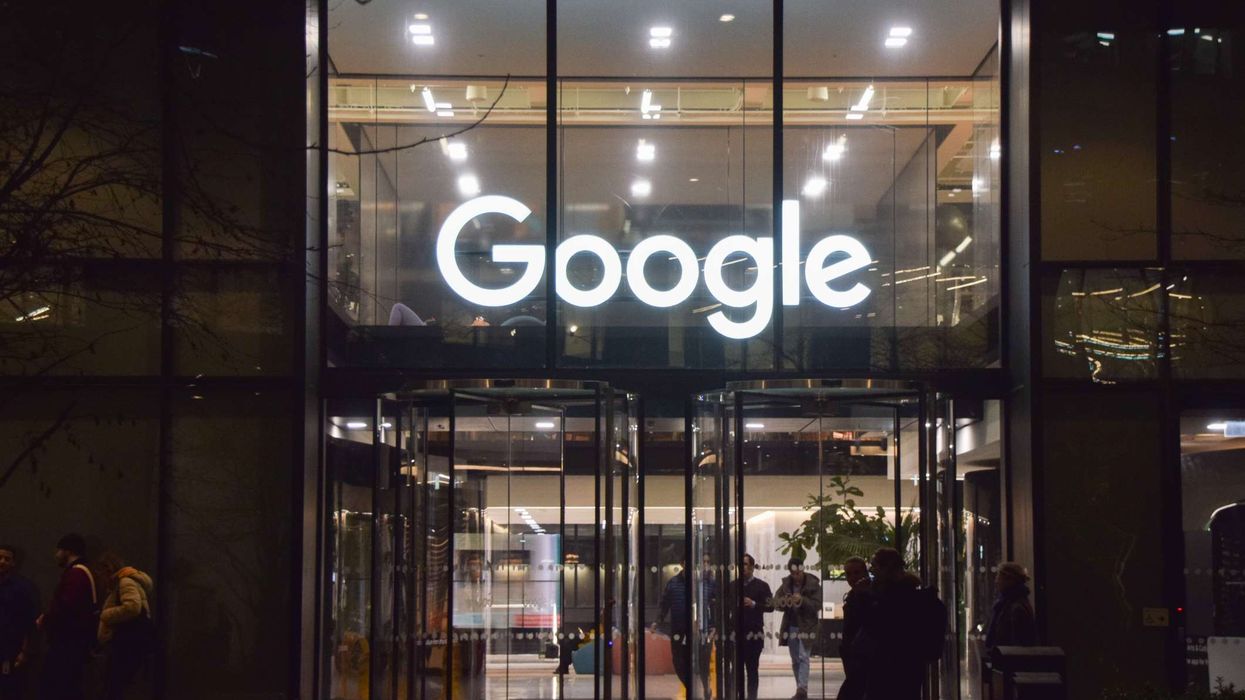Highlights:
- Google softens earlier plan that could have limited sideloading
- “Experienced users” will be able to install apps from unverified developers
- New verification system aims to tackle scam apps while maintaining user choice
Google revises developer verification plans
Google has announced changes to its upcoming developer verification policy, easing concerns that the company was moving to restrict sideloading on Android devices.
Originally, Google planned to make verification mandatory for all developers, including those distributing apps outside the Play Store. The company said developers would have to provide personal details such as their legal name, address, email, and phone number and in some cases, official ID.
That announcement, made in August, faced sharp criticism from groups like the Keep Android Open campaign and the open-source repository F-Droid, who argued it would effectively “end the ability for individuals to choose what software they run on their own devices.”
Option for “experienced users”
Responding to the backlash, Google confirmed it is developing a new process allowing “experienced users” to continue installing apps from unverified developers.
This so-called advanced flow will include warnings explaining the potential risks of sideloading unverified apps and safeguards to prevent users from being tricked or coerced into installing malicious software.
Google said the approach aims to balance user freedom with security, giving technically skilled users the option to assume responsibility for what they install.
New developer account for hobbyists and students
Alongside the update, Google will introduce a new type of developer account aimed at students and hobbyists. These accounts will not require full identity verification but will only allow app installation on a limited number of devices.
Android president Sameer Samat said in a post on X: “Keeping users safe on Android is our top priority. Verification helps stop scammers from distributing harmful apps under new identities. But we also heard feedback that students need room to learn, and power users want more control. We’re making changes to address both.”
Global rollout and broader changes
Developer verification will first roll out in 2026 across Brazil, Indonesia, Singapore, and Thailand, with global enforcement expected in 2027.
The policy shift comes as Google prepares to implement wider changes following its settlement with Epic Games. The agreement, pending court approval, would lower developer fees, relax payment rules, and allow official stores on Android devices.
With these updates, Google appears to be taking a more measured approach, strengthening user protection while preserving Android’s long-standing openness.





